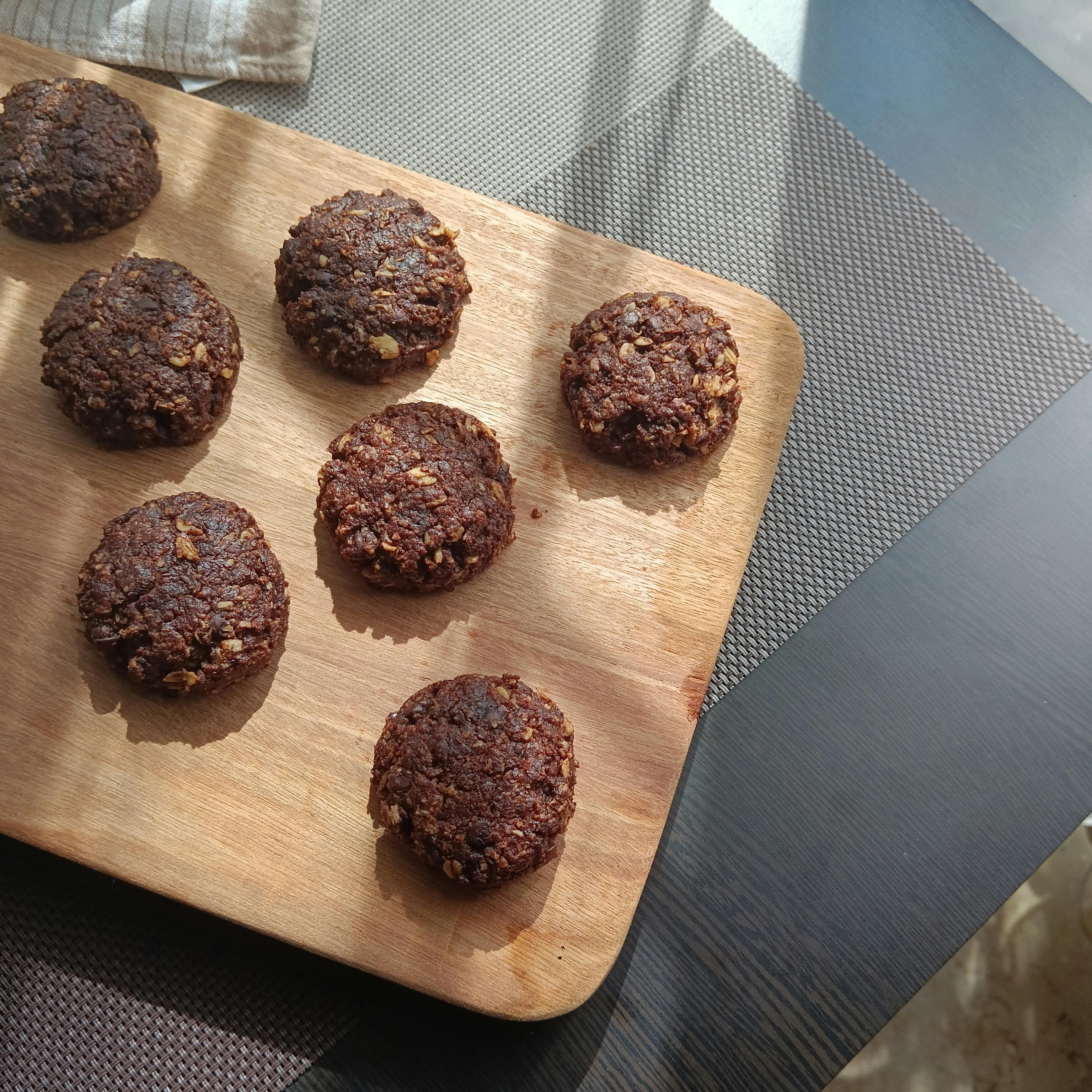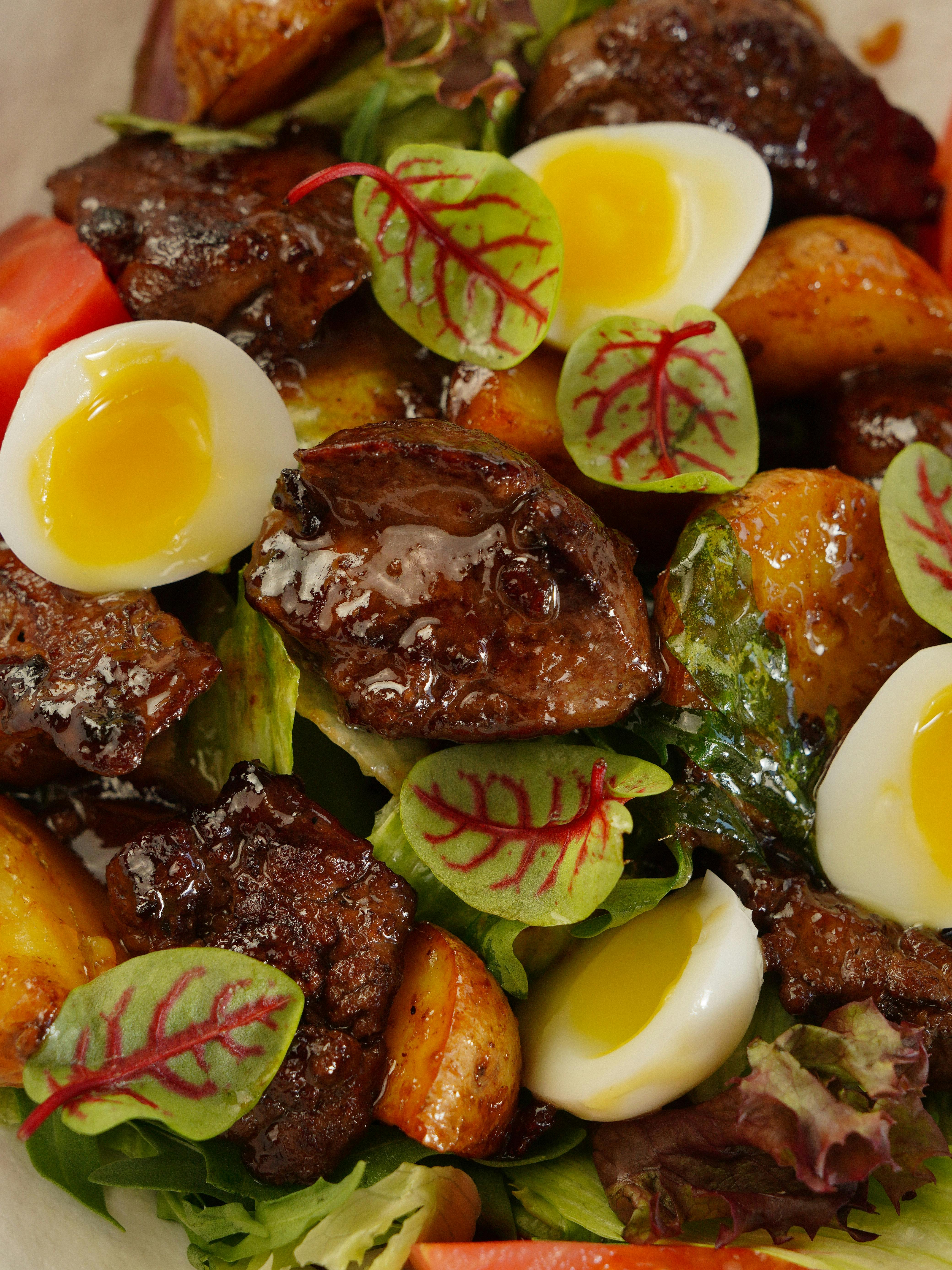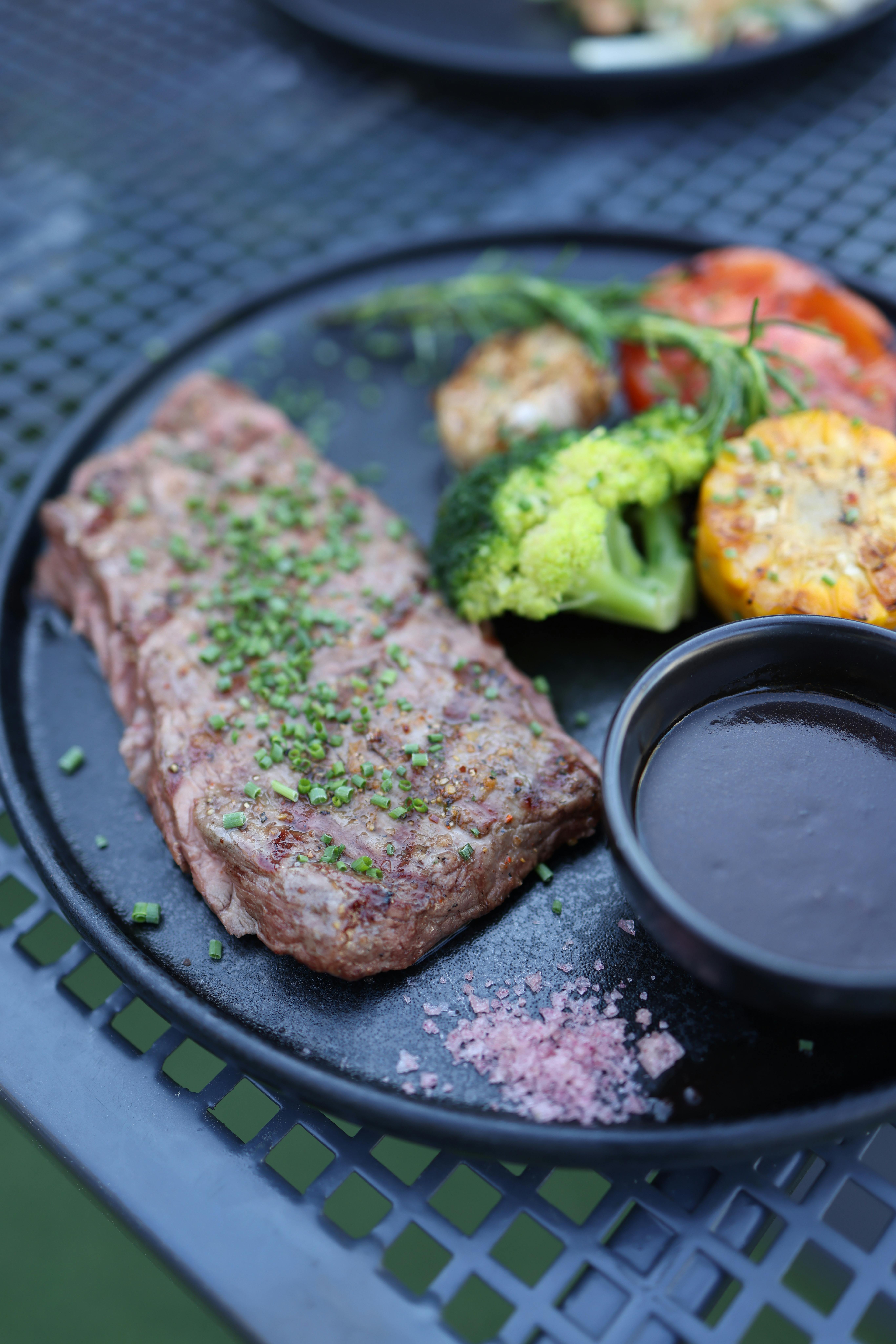Apply Now
Essential Guide to Healthy Foods for Optimal Health in 2025
The importance of maintaining a balanced diet cannot be overstated, especially as we look ahead to 2025. Incorporating healthy foods into our daily meals is paramount to optimizing our overall health and well-being. With the rising popularity of clean eating, plant-based diets, and organic meals, this guide will explore the best true foods you should consider for a healthier lifestyle.
In the following sections, we will delve into nutrient-dense meals, clean eating principles, and delicious recipes that can be easily integrated into your meal prep. Whether you're focused on meal planning or just looking for quick meals, you'll find valuable insights here. Prepare to discover a variety of healthy snacks, superfoods, and culinary tips to help you achieve your wellness goals.
By analyzing the benefits of these foods, you’ll be empowered to make informed choices that not only enhance your health but also support sustainable dining practices. So let’s get started on this journey toward nourishing your body and mind!
Top 5 Healthy Foods to Include in Your Diet
1. Nutrient-Dense Whole Foods
Whole foods are the cornerstone of a healthy diet. These foods are minimally processed and packed with essential nutrients, providing your body with what it needs to function optimally. Examples include fruits, vegetables, whole grains, nuts, and seeds. Their high fiber content aids in digestion and helps maintain a healthy weight.
When choosing whole foods, opt for a variety of colors and types to maximize your intake of vitamins and minerals. For instance, incorporating seasonal fruits like blueberries and kale not only promotes local agriculture but also ensures you are consuming foods at their peak nutritional value.
Eating a diet rich in whole foods can significantly lower the risk of chronic diseases, improve energy levels, and support gut health. Remember, these foods can be incorporated into various meals; consider adding them to healthy snacks or using them as base ingredients in your culinary creations.
2. Superfoods: Powerhouses of Nutrition
Superfoods are often rich in antioxidants, vitamins, and minerals that are vital for health. Examples include blueberries, quinoa, chia seeds, and spinach. These foods offer various health benefits, from boosting immunity to reducing inflammation—making them essential in any meal planning strategy.
When incorporating superfoods into your diet, try to integrate them into your daily meals creatively. For example, adding chia seeds to smoothies or making a salad rich in leafy greens ensures you're reaping their health benefits. With easy recipes available, anyone can enrich their dishes with these powerhouses, making healthy eating both practical and enjoyable.
Additionally, superfoods typically showcase the best natural flavors, making them easy to pair with various spices and culinary herbs, enhancing both the taste and nutritional value of your meals.
3. Fermented Foods for Gut Health
Fermented foods like yogurt, kimchi, and sauerkraut are essential for promoting gut health. They are rich in probiotics, which play a crucial role in digestion and nutrient absorption. Including fermented foods in your diet can help improve metabolic health, aid in digestion, and boost your immune system.
To reap the benefits of fermented foods, consider making them a regular part of your meals. Try adding yogurt to your breakfast smoothies or using kimchi as a flavorful base for rice bowls. These simple additions can greatly enhance the nutritional profile of your meals, ensuring you achieve a balanced diet.
Being mindful of gut health is increasingly recognized as vital for overall wellness. Therefore, learning about food safety tips and optimal preparation methods for these foods can further enhance their efficacy.
4. Plant-Based Foods: The Future of Eating
A plant-based diet emphasizes whole foods, vegetables, fruits, and legumes as primary meal components. This dietary approach is not only environmentally sustainable but also linked to numerous health benefits, such as lower cholesterol and reduced risk of diseases.
Cooking techniques like steaming, roasting, or grilling can enhance the flavors of vegetables and legumes, making them more appealing. Moreover, experimenting with delicious vegan recipes introduces new textures and flavors to your meals. Staying informed about the latest food trends can inspire creative meals that your entire family will enjoy.
By prioritizing plant-based foods, you not only support your health but also contribute to sustainable agriculture, a critical aspect of modern dietary practices.
5. Healthy Fats: The Importance of Balance
Healthy fats from sources like avocados, nuts, and seeds are necessary for absorption of fat-soluble vitamins and overall heart health. Including these fats in your diet can help maintain healthy cholesterol levels and support brain function.
Cooking at home allows you to explore various oils, such as olive oil and coconut oil, which offer unique flavors while contributing healthy fats to your meals. Additionally, being mindful of portion sizes when incorporating these fats can ensure you're balanced in your nutrient intake.
Including healthy fats not only enhances the taste of your meals but also promotes feelings of satiety. This can help to maintain portion control and encourage mindful eating practices—two essential habits for long-term health.
Delicious Recipes to Try at Home
Building on these fundamentals, let's explore some nutritious recipes that incorporate these healthy foods. The following meal ideas are perfect for anyone looking to optimize their health while enjoying delicious flavors.
Quick and Easy Snacks
Healthy snacks are essential for maintaining energy levels throughout the day. Consider easy snacks like nut butter paired with whole grain crackers or fresh produce with homemade dips.
A simple recipe could include mixing Greek yogurt with fresh herbs and spices to create a refreshing dip for veggies. Not only does it offer a boost of protein, but it also provides essential nutrients, keeping you satisfied between meals.
Additionally, energy-boosting snacks like trail mix or homemade energy bites provide portable options that are rich in healthy fats and fibers, ensuring you stay nourished throughout your busy day.
Meal Prep Ideas for Busy Weekdays
Planning meals in advance can significantly simplify healthy eating. Simple meal prep ideas could include roasting a variety of seasonal vegetables and pairing them with lean protein sources or whole grains for balanced lunches.
Making large batches of soups or stews at the beginning of the week can ensure you have delicious, healthy meals ready at your fingertips. These dishes enhance convenience while ensuring you meet your nutritional goals.
Using meal replacement shakes with high-quality ingredients also provides a quick solution for busy mornings, ensuring you start your day right without compromising on health.
Creative Ways to Include Superfoods
To incorporate superfoods creatively, consider smoothie recipes that blend nutrient-dense ingredients. For instance, a smoothie featuring spinach, almond milk, a banana, and chia seeds can serve as a delicious breakfast option while delivering antioxidants and healthy carbs.
Alternatively, experimenting with raw food recipes allows for unique preparations that showcase natural flavors and enhance nutrient bioavailability. Raw energy bars made from dates, nuts, and seeds are a nutritious, satisfying snack that’s perfect for on-the-go individuals looking for health-conscious meals.
Get creative in the kitchen by mixing superfoods into your favorite dishes, making healthy eating not only easily attainable but also enjoyable.

Final Thoughts on Sustainable Eating and Health
As we look forward to 2025, it's clear that making informed food choices can significantly impact our health and the environment. Emphasizing clean eating, healthy fats, whole foods, and sustainable practices connects our individual health goals to the well-being of our planet.
By incorporating the best true foods into your diet, you can lead a healthier, more mindful lifestyle. Utilize the meal prep ideas, delicious recipes, and nutritional insights provided in this guide to support your journey toward optimal health.
Embrace the various health benefits associated with these foods, and strive for a balanced diet that fulfills your nutritional needs while promoting overall wellness and longevity.
FAQ Section: Common Questions About Healthy Eating
What are some quick ways to maintain healthy eating habits?
Adopting quick meals and nutritious snacks can greatly facilitate maintaining healthy eating habits. Consider meal prepping for the week, focusing on fresh produce, whole grains, and protein sources to keep meals balanced and satisfying.
How can I ensure variety in my meals?
Incorporating a wide range of seasonal fruits, vegetables, and grains ensures variety. Trying new recipes or cooking methods can also keep meals interesting while providing essential nutrients.
What role do dietary supplements play in a healthy diet?
While whole foods should be the foundation of your nutrition, dietary supplements can fill gaps in vitamins and minerals when needed. Consulting with a healthcare professional can help you understand what might work best for your individual needs.
Can you recommend some high-energy foods for active lifestyles?
Absolutely! Foods rich in complex carbohydrates, healthy fats, and protein, such as quinoa, avocados, nuts, and legumes, are fantastic options. Incorporating these into your meals can provide sustained energy for workouts and daily activities.
What are some tips for mindful eating practices?
Practicing portion control, savoring each bite, and minimizing distractions during meals can enhance the experience of eating. Focus on enjoying flavors and textures, which can help improve satiety and overall meal satisfaction.



